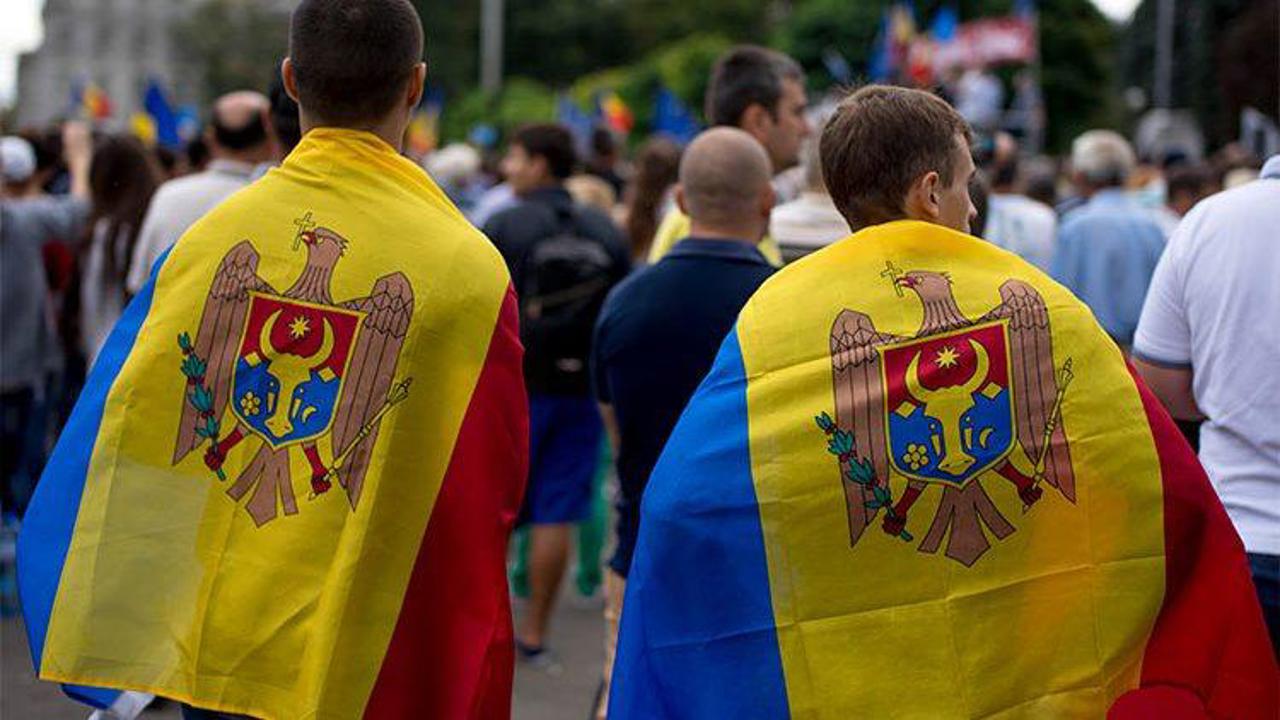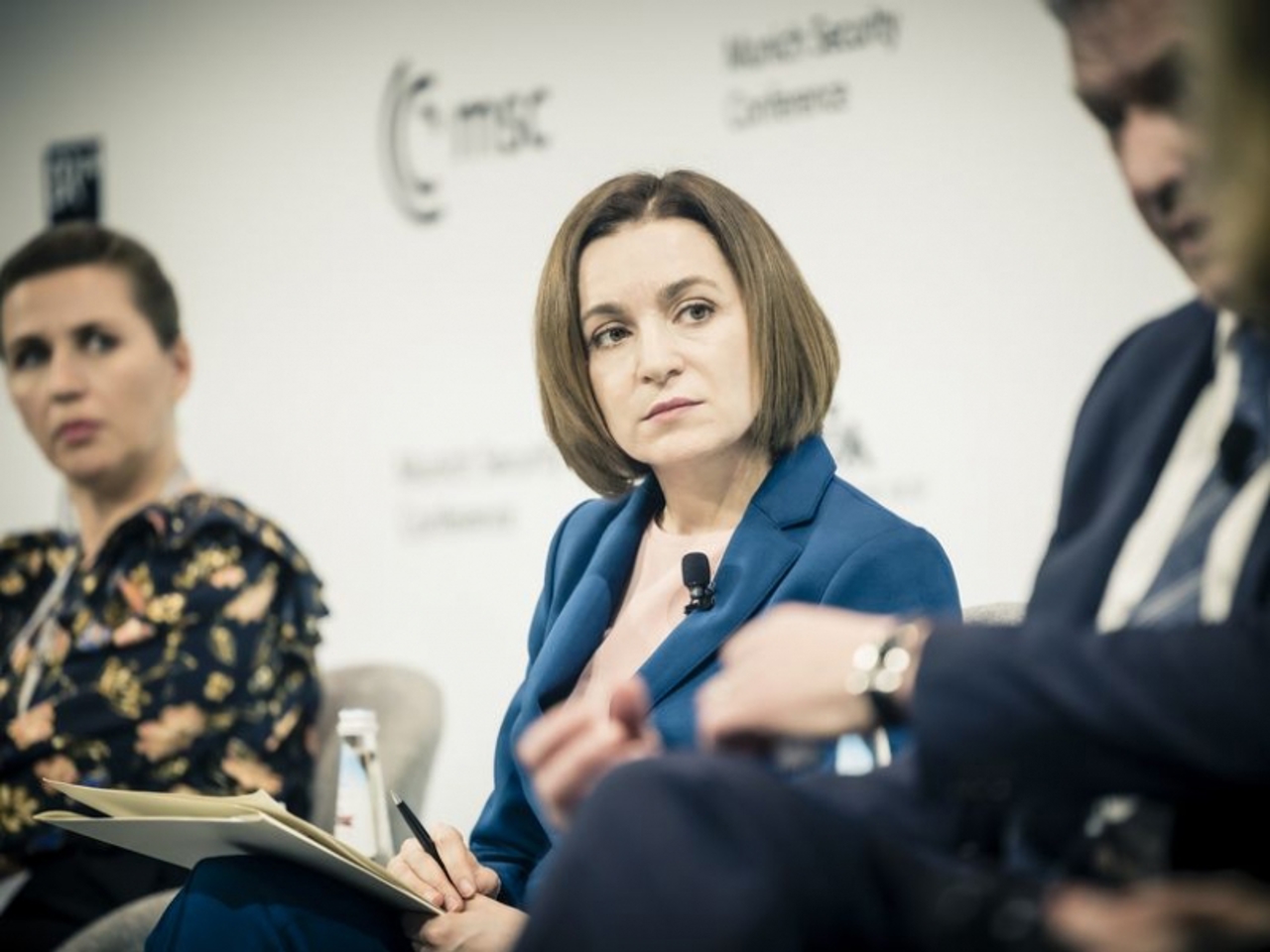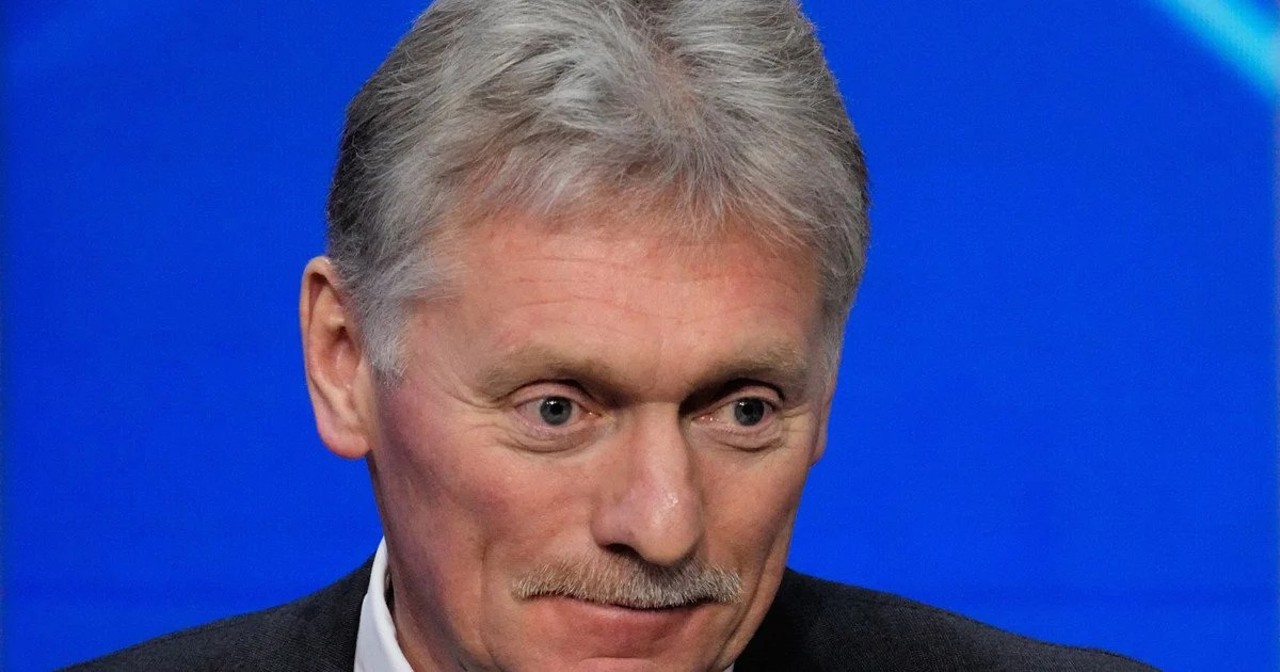Kremlin-backed campaign targets Moldova's presidential elections
The Kremlin and pro-Russian politicians in Moldova have initiated a coordinated campaign to discredit the presidential elections, which were won by the current pro-European president, Maia Sandu, as reported by the Institute for the Study of War (ISW).

ISW cites statements made by fugitive Ilan Șor, who is under investigation for destabilising Moldova and attempting to bribe voters, on the Russian television channel "Rossiya-24." In these statements, he claimed that "the opposition in Moldova has evidence of mass falsifications in favour of Sandu."
Furthermore, the Institute references remarks from former socialist president Igor Dodon, who told the pro-Kremlin news agency "TASS" that "Sandu won solely because of the vote of the Moldovan diaspora."
The Russian information landscape, including Russian military bloggers, has echoed the claims made by Moldova's pro-Russian opposition, asserting that the elections were controlled by "European bureaucrats" and that Moldovans had no voice in determining the election results, ISW adds.
It is important to note that ISW previously reported on Russia's systematic efforts to interfere in Moldova's elections to derail the country's adoption of the European Union referendum and the victory of Maia Sandu.
Following the second round of the presidential elections, Maia Sandu, the candidate of the Action and Solidarity Party (PAS), won a new presidential term with 55.33% of the vote. The candidate of the Party of Socialists of the Republic of Moldova (PSRM), Alexandr Stoianoglo, received 44.67% of the vote.
On November 4, the Socialists announced that they do not recognize the results of the November 3 elections. They claim, "Maia Sandu is an illegitimate president," and "the president of the people is Alexandr Stoianoglo."
Moscow has criticised Moldova's electoral campaign, declaring it to be "the most undemocratic." Maria Zakharova, the spokesperson for the Russian Foreign Ministry, openly accused Western countries of interfering in the electoral process, while the Chișinău government was accused of widespread use of administrative resources.
Translation by Iurie Tataru




